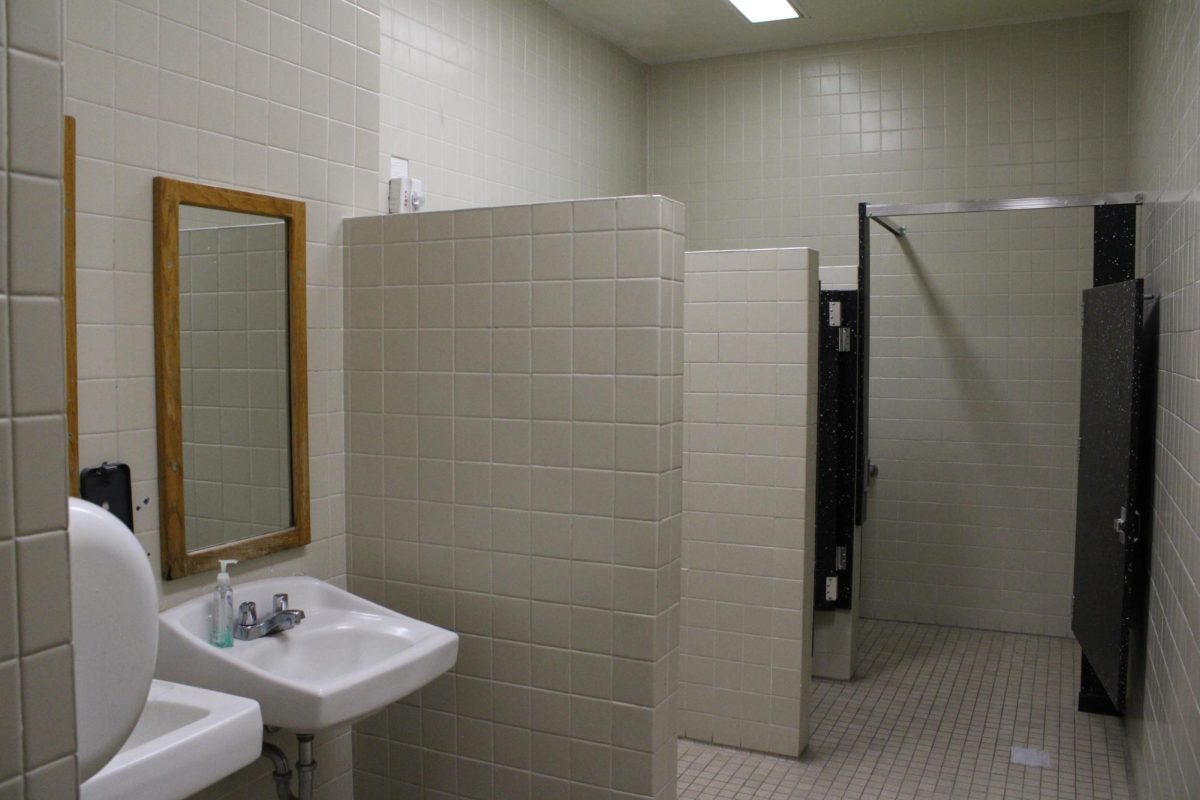The University of Nebraska-Lincoln (UNL) announced that it would be closing and eliminating related positions to its Office of Diversity and Inclusion on Aug. 20 due to budget cuts mandated the previous year, and for one UNL graduate, this is a concern she has, not only for UNL, but all of Nebraska.
“I am pleased with Chancellor (Rodney) Bennett’s decision to close this office,” Gov. Jim Pillen said in a statement released the following day.
Pillen believes that institutions should focus on “discipline, excellence and integrity” rather than “race-based DEI (diversity, equity and inclusion),” but according to DEI practitioner and UNL graduate Laura Brooks Dueland, DEI programs may have a more significant effect on communities than people think, making it necessary for places to consider long-term.
Brooks Dueland studies the intersection of diversity, equity and inclusion using data at Inclusion Analytics, a human resources firm focused on DEI and its impact on businesses and employment. She examines where barriers may exist, and works to resolve these problems.
DEI is short for diversity, equity and inclusion. The office at UNL aimed to ensure an environment where individuals live and learn in a safe space.
With the potential for some students’ needs to go unmet, Dueland is concerned for the future of employment.
“We are often concerned with the brain drain in Nebraska,” Dueland said. “Growth is slowing [and we have] low employment rates compared to other states, which means it’s really hard to find employees… we aren’t attracting new talent.”
According to Dueland, researchers believe having diversity values attracts underrepresented and majority groups as well.
“[We will be] losing really valuable talents across all different identities if we continue to establish and discontinue these safety values,” she said.
In a study conducted by Dueland and other researchers at the University of Nebraska at Omaha, they found that “women, people of color and those who identify as a gender minority are underrepresented, (and) have less positive experiences than their white male colleagues in surveyed Omaha workplaces.” This underrepresentation may also apply to those who identify as gender non-conforming.
Advocates say this is where DEI comes in. DEI offices in universities work to eliminate these obstacles for the underrepresented minority, and to educate and engage the general public.
“[There is] a lot of evidence to show DEI offices benefit all students no matter their identity,” Dueland stated.
People who engaged with the office found it valuable. In the 2023 Office of Diversity and Inclusion (ODI) report from UNL, statistics showed that 93.26% of people in attendance at the Husker Dialogues, a foundational diversity experience for first-year students, said they would attend an event focused on diversity and inclusion in the next year and 89.52% thought learning about the subject was important. Additionally, the ODI hosted 112 education sessions, training and workshops throughout the year.
However, according to Nebraska Public Media, Bennett, as said in his announcement to students, “the centralized office is no longer right for the campus.” There is not a set date for its diffusion.
Now with its close, the office’s responsibilities are said to be split between the Office of the Executive Vice Chancellor, the Office of Business & Finance and the Office of Student Life. Dueland believes that because people used to be paid to complete these specific roles, they won’t be fulfilled as well now that those responsibilities belong other individuals who already have other jobs.
“[With budget cuts, they] don’t have funding, [people with other roles] don’t have time,” Brooks Dueland said. “[It’s] less effective.”
Florida, Kentucky, and North Carolina are among the other colleges that have eliminated DEI offices from their institutions or cut funding. In Texas, Republican Gov. Greg Abbott in 2023 signed the DEI Ban Law for the state.
Nebraska State Sen. Dave Murman of Glenvil attempted to outlaw DEI offices and prohibit related funding across Nebraska’s colleges earlier this year. This was ultimately opposed, and the Board of Regents will meet on Oct. 4 in Kearney with the purpose of addressing this topic. The future of the DEI offices at University Nebraska Medical Center (UNMC), University Nebraska at Kearney (UNK) and University Nebraska at Omaha (UNO) will be discussed.
This meeting will be open to the public, and individuals will be able to speak to the Board of Regents about what they believe should happen.
















